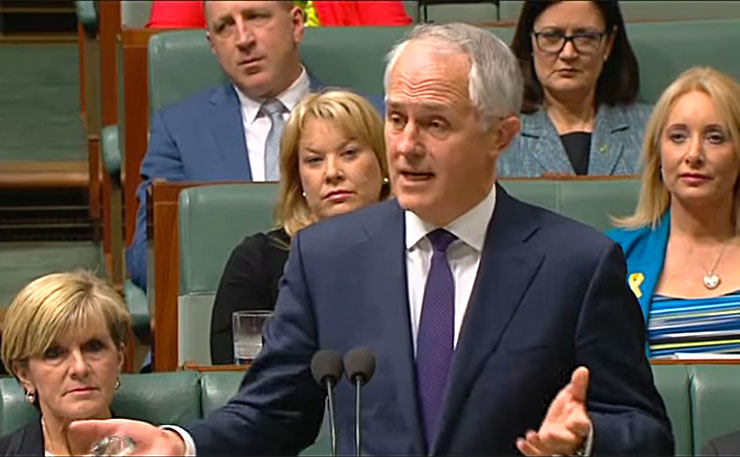After promising no change on marriage equality and climate change policy to internal party backers, Malcolm Turnbull’s star is quickly fading.
On 15 September last year, the collective sigh of relief from the Australian electorate was all but deafening around the countryside, as Malcolm Turnbull rolled Tony Abbott in a leadership coup and became Australia’s 29th Prime Minister.
The next day, nearly 25,000 ABC website readers were asked to respond in a word to the question ‘How do you feel about the leadership change?’ While less than a world’s best practice polling technique, the results were, nonetheless, quite telling with a full 4,374 responding with ‘relieved’, 1,282 with ‘hopeful’ and a further 5,353 registering with adjectives that can only be described as resoundingly in favour.
On the other side of the ledger as few as 469 readers were ‘disappointed’, 140 ‘angry’ and a revealingly small number – 97 – were ‘unsure’.
Malcolm Bligh Turnbull had wrested the reigns of government from one Anthony John Abbott and an era of ultra-conservative and divisive politics had apparently come to an end.
That Turnbull was moderate where Abbott was reactionary, temperate where Abbott was intemperate and measured where Abbot was extreme, augured well for a return to a more civil polity.
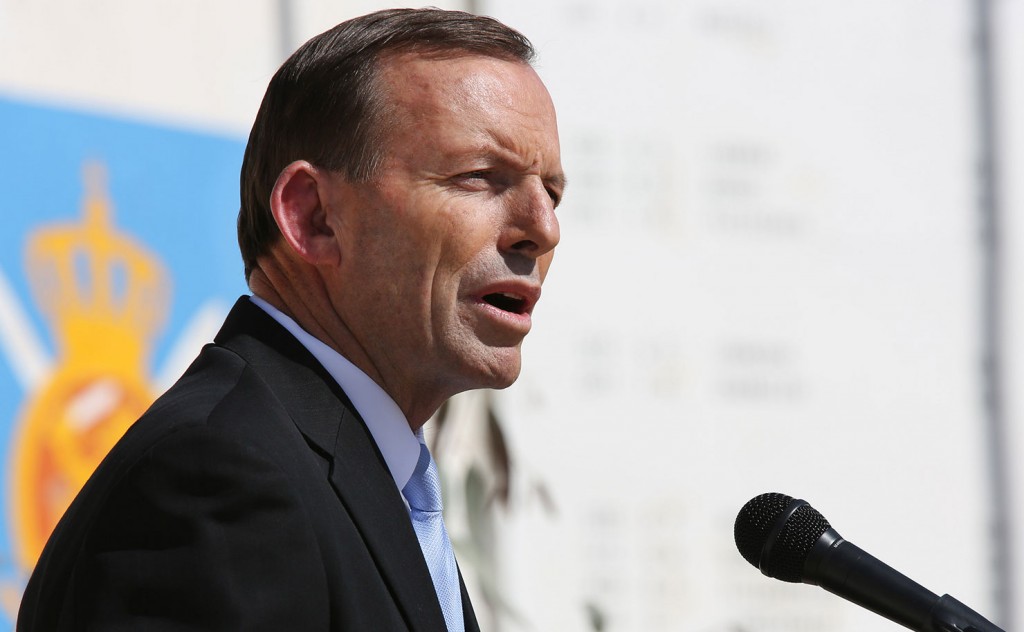
Prime Minister Turnbull’s ascendancy created something of a ‘sit back and watch how this should be done’ demeanor within the commentariat.
Leaving aside the odd banner carrier for the fallen warrior, journalists of all persuasions welcomed the change with equal parts relief and disappointment: Relief that now they could write about solid, well-crafted policy, plans to bring the economy under control and a return to the softer liberalism that the country craved; disappointment that there would be far less of the sensational to craft their narratives around for the foreseeable future.
The un-easiest of bedfellows – unions and employer groups – both celebrated early Turnbull policy initiatives and ‘hailed the prospect of a new era of consensus and co-operation in Canberra’ as reported by Mark Kenny and Nassim Khadem in their 2 October Fairfax article rejoicing in the lift of the national mood.
Turnbull was most definitely on a roll. The Fairfax-Ipsos poll of October 19 had Mark Kenny in Fairfax dusting off words like ‘rejuvenated’ and ‘vindication’ and predicting ‘dark days for Labor’, which had suffered a fearful slump in it’s primary vote to just 30 per cent in the aftermath of the coup.
But despite the soaring successes reflected in the polls there was the hint of a frayed edge to the billowing spinnaker of Malcolm’s early success.
By December, internal tensions from his conservative flank and some legacy housekeeping, in the form of embattled Queensland MP Mal Brough, were making the Turnbull government look untidy. Abbott, still newly vanquished, was, as Sean Kelly, Political Editor at The Monthly pointed out, ‘relishing the grievance spotlight’ and loudly discussing his hurts with good friend and personal champion Alan Jones.
Malcolm had ultimately been able to deliver very little by Christmas 2015.
Embittered former colleagues, overlooked for ministerial positions or believing they were too far removed from the new leader to continue serving, (think Ian Macfarlane, but there were at least four others) were resigning, the conservative vanguard were vocal, destructive and prominent, there was no clear strategy on economic reform and a troubling lack of progress on a number of issues, like climate change and marriage equality.
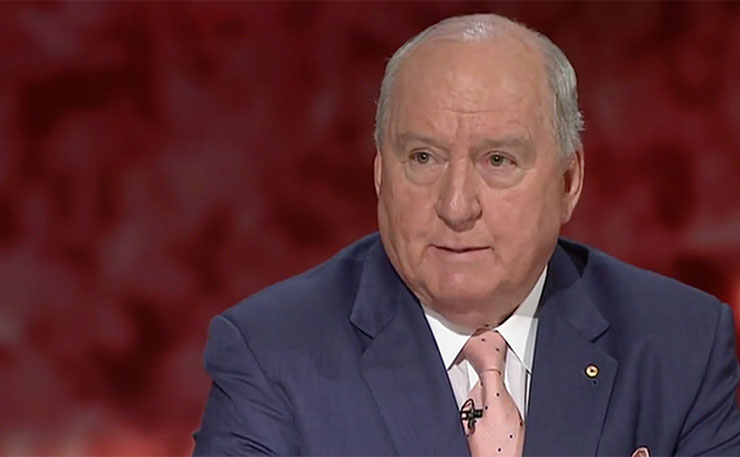
Many Australians thought these would be low hanging fruit for the Turnbull juggernaut, and so expectations of Turnbull began to falter.
Marriage equality, a clear winner for Turnbull with a voting public supporting it by nearly 70 per cent (according to this mid-2015 Fairfax-Ipsos poll), now became a divisive political football within his own party. Wedged by around 30 ultra-conservative Coalition MPs outright opposed to the idea, or hell bent on preserving Abbott’s proposition for a plebiscite to resolve the matter rather than a vote in the parliament, Turnbull conceded.
An early champion of climate change, Turnbull was out-manoeuvred by the right into an embarrassing back down on a once signature cause. Unlike many in his party, Turnbull is not a climate change denier and had described the Coalition’s Direct Action policy as far back as December 2009 as ‘a con, an environmental fig leaf to cover a determination to do nothing’.
He crossed the floor in February 2010 to give a searing rebuttal of the then Opposition’s climate change policy, in which he suggested that having subsidies awarded to climate change abatement projects selected by the Government would be a ‘recipe for fiscal recklessness on a grand scale’.
But no sooner had he re-gained the leadership of the Liberal Party and, along with it, the Prime Ministership (in fact in the first press conference he gave as the new leader on 15 September 2015), than his take on the Coalition’s Direct Action policy markedly changed: ‘…the climate policy is one that has been very well designed. It was a very, very good piece of work’.
It became evident that the right-wingers in the Coalition had made ‘no change on climate policy’ and ‘a plebiscite on marriage equality’ conditions for Turnbull’s elevation to the top job.
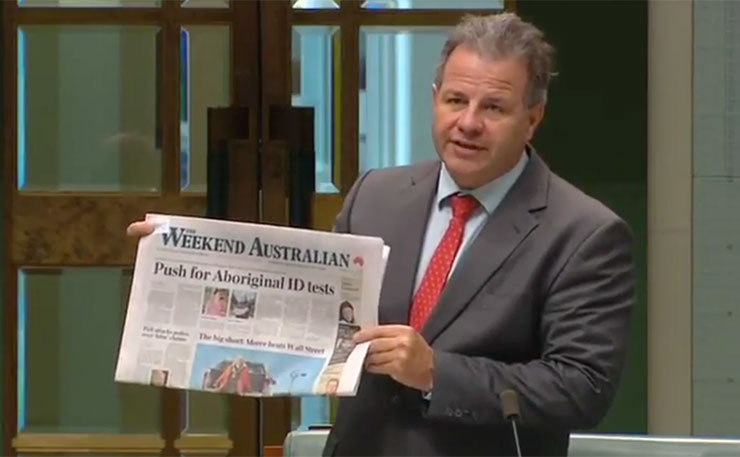
“It’s one of the conditions of the leadership change that we are sticking with the policy we had…” Dr Dennis Jensen, a Western Australian member of the Liberal right wing, told Fairfax regarding climate change policy in late September 2015.
At the same time another Conservative, on condition of anonymity told them: “Turnbull gave two assurances to people who jumped into his camp: no change to marriage plebiscite and no change to Direct Action”.
Turnbull himself is acutely aware that he won the Liberal leadership by a mere 10 votes, but he seems unable to communicate the implications of that tenuous margin to the Australian people.
44 individuals, for varying reasons, voted against him in the Liberal party room leadership ballot of 15 September 2015. Of these, 30 are understood to be firmly in the Abbott camp and understandably feel emboldened by sheer weight of numbers to flex their muscles on policy matters.
“…at least 30 in the current party room would never vote to support same-sex marriage” reported Paul Bongiorno in The Saturday Paper of January 30, 2016.
The very messy and protracted debate on the raising and broadening of the Goods and Services Tax (GST) prompted Victorian MP Russell Broadbent to remind his colleagues that he had fought two elections on the GST, in 1993 and 1998. He lost his seat both times. Eventually changes to the GST were also scrapped leaving the Coalition’s tax reform strategy in tatters.
As Ben Eltham described in The New Matilda on February 9: ‘… few voters will understand…. Who can blame them? No firm details have been announced. No tax white paper has been released. No detailed Treasury modeling has been published.’
So fragile is Turnbull’s authority within the Coalition that those implicated in the Wednesday March 2 revelations regarding the apparent leaking of classified drafts of Defence White Paper are less than convincing in their denial.
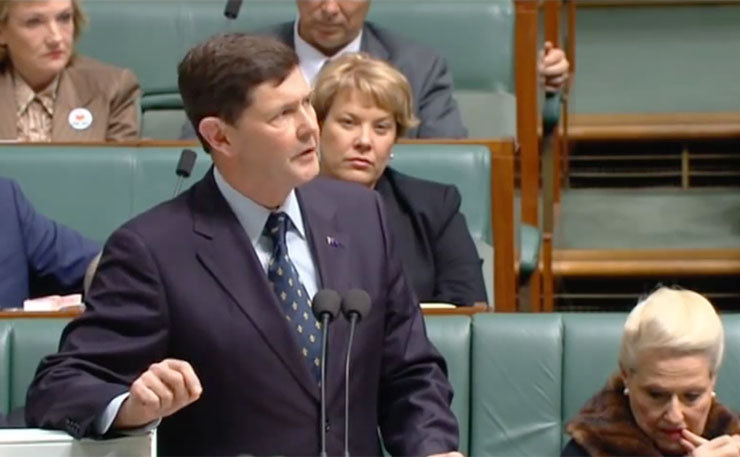
Former Defence Minister and staunch Abbott supporter, Kevin Andrews was quoted by Fairfax National Security correspondent David Wroe the next day as saying, “I am advised that the relevant documents were returned or destroyed”, not your quintessential repudiation.
Against this mired backdrop, Turnbull has tried to frame his leadership. Unsurprisingly, he is failing.
The deals required for Malcolm Turnbull to ascend to the Prime Ministership of Australia have him hogtied. Where he and his communications team have failed is to craft the narrative with these enormous political millstones front and centre.
The realpolitik in Australia is absolutely this simple – the deals you make today shape your destiny tomorrow.
Malcolm Turnbull’s destiny is far from certain but a little expectation management from him and his office would surely help.

Donate To New Matilda
New Matilda is a small, independent media outlet. We survive through reader contributions, and never losing a lawsuit. If you got something from this article, giving something back helps us to continue speaking truth to power. Every little bit counts.

